Early Pregnancy Bleeding
- Pregnancy
-
- UPDATED November 23, 2024
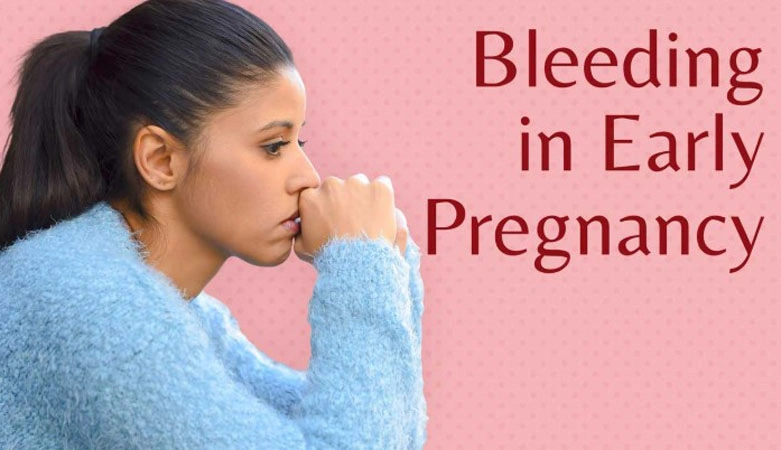
by Tasha Mayberry
790 shares
In your first trimester, which is the first three months of your pregnancy journey, your body
starts to face some new changes, significant and dramatic, thanks to pregnancy hormones.
While you still have time to move towards maternity clothing, the many changes inside your body, in many cases, lead to early pregnancy bleeding.
When it comes to first trimester or early pregnancy bleeding, one statement you often hear from anyone and everyone would be, “it is common”! Yes, it is common, but you need to know more than that, don’t you? Well, let’s make things surrounding early pregnancy bleeding fully clear for you.
Causes of Early Pregnancy Bleeding
Several studies have revealed that one in 4, or around 20%, women experience vaginal bleeding, spotting, and/or pain during the first 12 weeks of their pregnancy. There are several causes of the same:
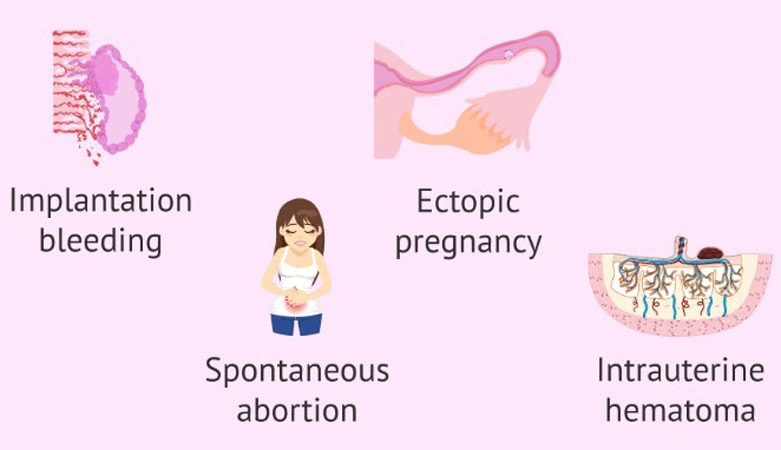
Implantation Bleeding
Implantation refers to the process when the fertilized egg implants itself to the side of your uterus or womb. This typically takes place during the first 6 to 12 days after your conception, and during this time, it is common for you to notice some spotting or light bleeding. In fact, for many women, this bleeding can occur even before they know that they are pregnant, and therefore, they mistake it for their regular menstrual bleeding.
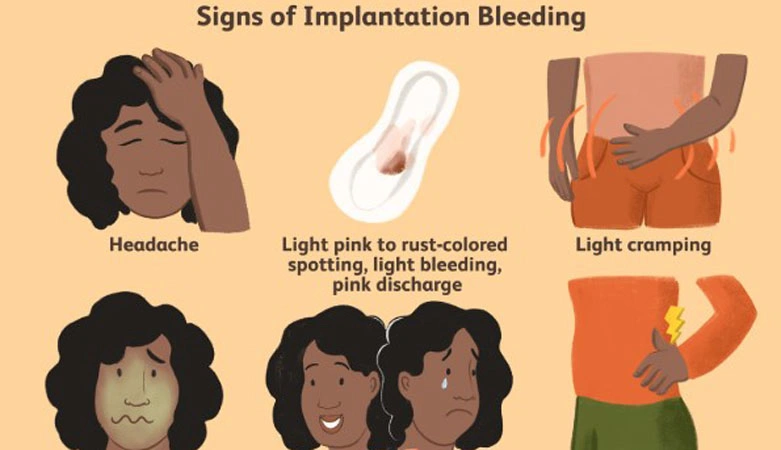
Cervical Changes
When you are pregnant, blood flow to your cervix will increase, and when you get a Pap test or have intercourse during the time, you could experience bleeding, and this is nothing to be concerned about.
Miscarriage
As you are probably aware, the first 12 weeks of your pregnancy is when you need to be very careful, because you are vulnerable to miscarry during this time, and spotting or light bleeding that transforms into heavy bleeding along with pain can be signs of a miscarriage. Again, it has been found that around 20% of women tend to miscarry during the early months of their pregnancy. However, in most cases, if you have listened to a heartbeat on your ultrasound, early pregnancy bleeding may not lead to miscarriage.
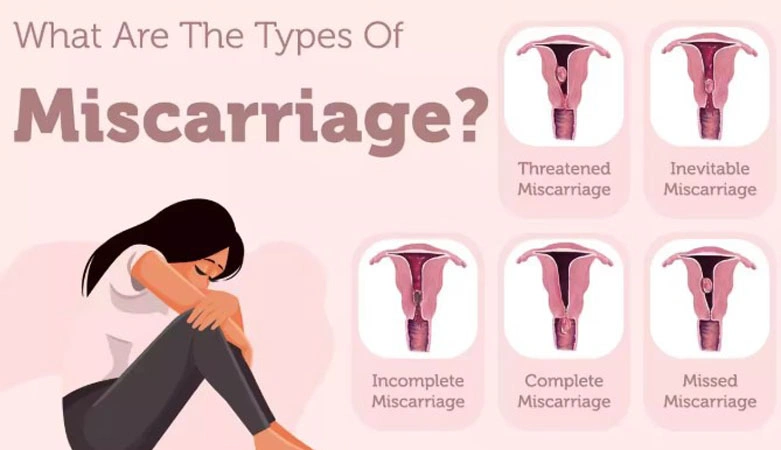
Ectopic Pregnancy
This is the case when a fertilized egg attaches outside the uterus, like in the fallopian tube, by mistake. While this condition is far less common, it still happens in a meager percentage of pregnancies, and it can lead to heavy bleeding. These pregnancies need to be medically treated, as they are known to be dangerous, and other symptoms here include rectal pressure, heavy cramps, and sharp pain.
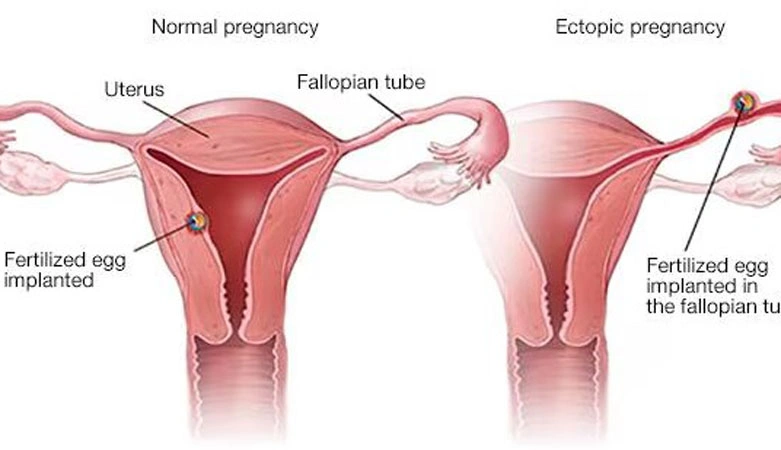
Molar Pregnancy
This is a rare case of pregnancy, known to happen to 1 in 1000 pregnant women. Molar pregnancy is where abnormal growth of the placenta happens due to a genetic error. In this case, the fetus will not show any signs of growth, and symptoms here include pressure or pain in the lower stomach, bright red to dark brown bleeding, and vomiting.
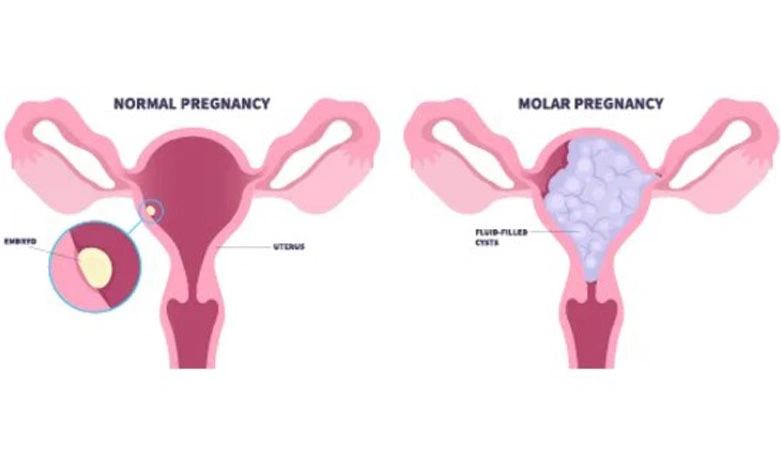
Infection
In some cases, your early pregnancy bleeding may not have anything to do with your pregnancy at all. It could be because of a pelvic or urinary tract infection, caused by fungi, viruses, or bacteria, and your symptoms could be: spotting or bleeding, pain in the lower stomach, itching, white discharge, and burning while urinating.
When to Seek Medical Help
If you experience any kind of bleeding during the early stages of your pregnancy, it is advisable that you see or talk to your doctor. However, you might need immediate medical help if you experience the following symptoms:
Severe pain
Heavy bleeding
Vaginal discharge with tissue or clots
Chills
Dizziness
Intense cramps
High fever
What Happens Next
To find what causes the bleeding, your doctor might need you to have an ultrasound, a pelvic or vaginal examination, and/or blood tests. You will also be inquired about any other symptoms you might be experiencing, like those mentioned above.
To find the cause of your bleeding and to proceed further, your doctor may ask you the following questions:
How far along are you?
Is this your first pregnancy? If not, have you faced similar instances during your
previous pregnancies?
When did the bleeding start?
How severe is the bleeding?
What is the blood color like?
Do you experience pain or cramps?
Do you see clots or tissue in the blood?
Does the blood have a foul smell?
Do you have a fever?
Do you have any other symptoms?
Have you been more stressed than usual?
Have you made any sudden changes to your physical activity?
When did you last have intercourse? Did you experience bleeding after?
If the bleeding is not severe, you will be monitored; the doctor might ask you to wear a pad to know how much you are actually bleeding, and might also be asked to refrain from having intercourse for some time. In some cases, you might be required to stay in the hospital for observation.
Early pregnancy bleeding can be quite alarming, especially if this is your first pregnancy or your first time experiencing something like it. But, as you’ve probably heard a million times,
spotting and light bleeding are normal in the first few months. Of course, you can get in touch with your doctor if you have concerns, and seek immediate medical attention if you experience serious symptoms.